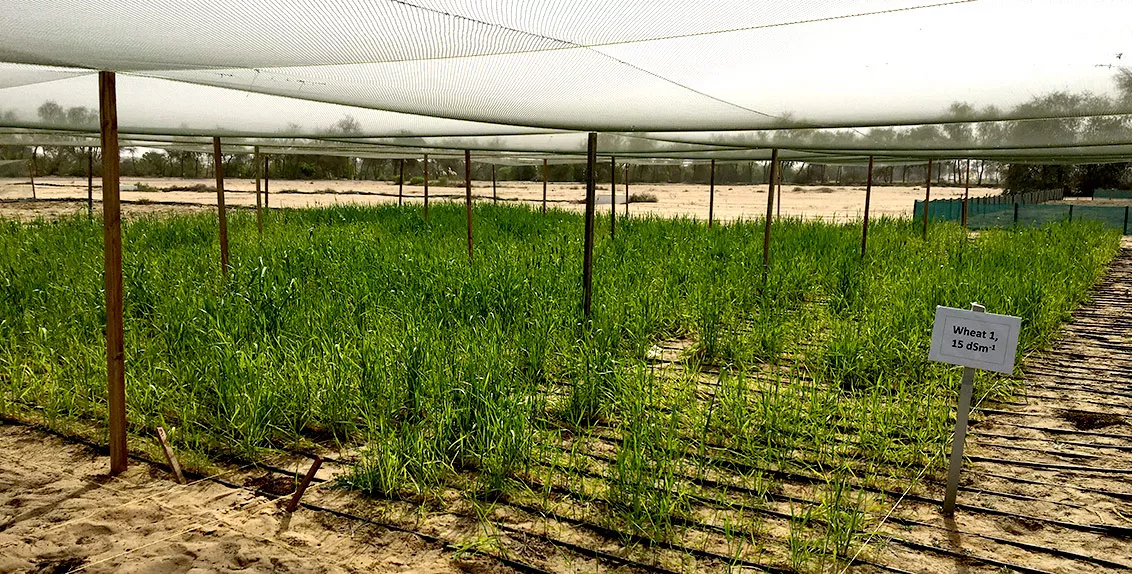The impact of the rhizosphere microbiota on root system development and tolerance to environmental constraints in cereals
Problem Overview
Food security and alleviation of poverty of the rural populations are major concerns in many countries. Increasing problems can be expected in the near future due to shortage of water resources and increased desertification foreseen as a consequence of global warming. These conditions will cause an increased evapotranspiration in plants; therefore, improving tolerance of agricultural systems against abiotic stresses (drought, heat and salinity) represents a key element of ensuring yield stability in the future.
Cereals like durum wheat, barley, sorghum and pearl millet are major crops contributing to food security for poor farmers in arid regions of the world. Genomic knowledge and several biotechnological tools are available for these species (transformation techniques, transcriptomics tools etc.) and the sequencing of their genome is in progress.
Project Description
This project aims at providing tools and knowledge to identify the cellular and molecular bases for root development in durum wheat/barley/pearl millet and the interaction with the rhizosphere microbiota. This will accelerate the breeding of new varieties with better adaptation to environmental constraints.
Research Innovation Theme
Crop Productivity and Diversification
Project SDGs
SDG 1: No poverty
SDG 2: Zero hunger
SDG 13: Climate action
SDG 15: Life on land
Funder(s)
King Abdullah University of Science and Technology (KAUST)
Duration
September 2015 - August 2018
Project Lead
Dr. Henda Mahmoudi (hmj@biosaline.org.ae)
Project Region
Near East and North Africa
Project Countries
United Arab Emirates
Partner(s)
King Abdullah University of Science and Technology (KAUST)











